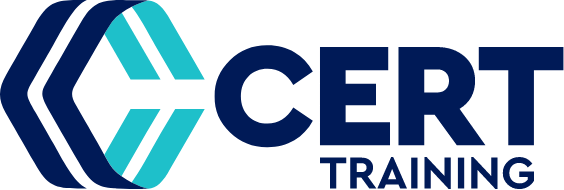Statement of Attainment vs Nationally Recognised Qualification
Is a Statement of Attainment (SoA) or a nationally recognised qualification better for your career as rail industry worker?
Whether you are starting your career as a rail industry worker, returning to work, searching for some new challenging opportunities, or just want to have a change in career, the rail industry in Australia offers some of the most rewarding opportunities in many different roles.
A career in this industry may take you to different parts of Australia to work on exciting new infrastructure projects and let you serve in the roles that require certain specialisations and present great opportunities for career growth.
However, to enjoy all the perks linked to this industry, you need certain training and qualifications that help you become an expert in your field.
When you have the right, nationally-accredited qualifications, you can move between specialisations and roles as your career progresses, offering a rich and rewarding experience that will last for a lifetime. But what qualifications would be the best for you?
You must have heard a few terms used in the industry related to technical qualifications and competencies like Nationally Recognised Qualification or Statement of Attainment. But if it’s all too confusing, and you can’t decide which one you should choose, we’ve detailed what you need to know right here.
What is a Nationally Recognised Qualification?
A National Qualification is a nationally accredited certificate issued once a person completes all units of competence (UOCs) required to be eligible for a Qualification.
For example, the Qualification TLI27121 Certificate II in Rail Infrastructure is a nationally recognised qualification which comprises UOCs is designed for individuals involved in different areas of work related to rail infrastructure, undertaking various procedures and routines and assuming some responsibility for the quality of work undertaken.
If you want to pursue further studies in track construction and maintenance, especially the technical aspects, you should complete this course, and upon completion, you’ll have a National Qualification for the units it covers.
It is also important to note that some training organizations may offer what seems like a similar qualification, to our nationally recognised Certificate II in Rail Infrastructure, at a lower cost, but will only give your part of this qualification in a Statement of Attainment. Let’s dive deeper below around what is a Statement of Attainment.
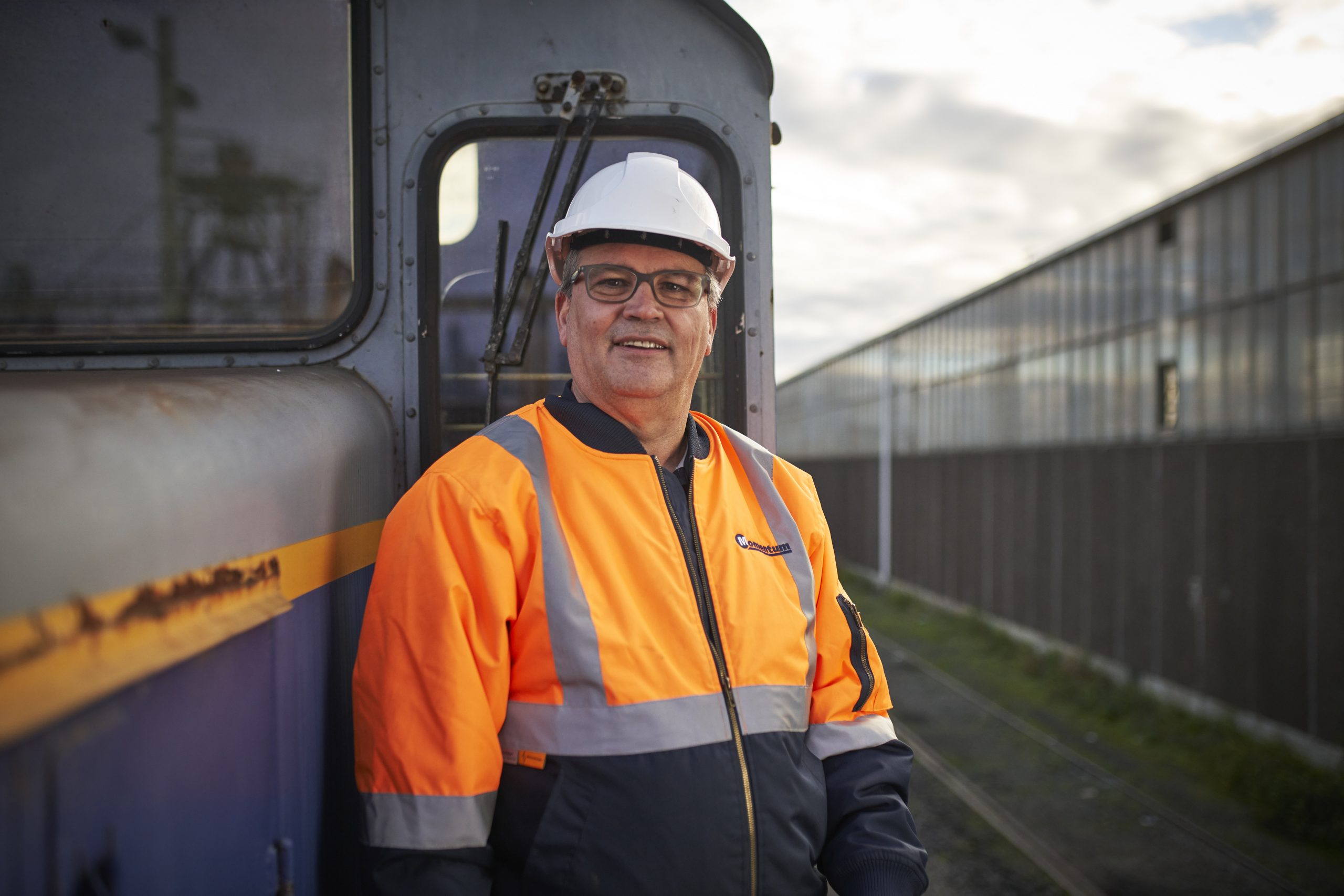
What is a Statement of Attainment (SoA)?
For your eligibility for a qualification like the Certificate II in Rail Infrastructure, you must complete several Units of Competency (UOCs), but when you complete one of these units or more, without completing all the UOCs required for the qualification, you are issued a Statement of Attainment. It’s a document that shows the UOCs you have completed from a nationally recognised training course.
Which is best to grow your career – a Qualification or an SoA?
There are multiple reasons why many people prefer a Qualification over a SoA. In essence, a Statement of Attainment is the proof of completing certain UOCs, whereas a Qualification is the proof of completion of the full group of units to meet National Qualification requirements and not just a portion.
Let’s look into more detail about why a National Qualification is a better option than a SoA.
1.Better Technical Knowledge and Competency
The technical knowledge and capabilities gained with a complete certification would be far greater than what you get with a Statement of Attainment that covers only a few modules of the complete certification.
2.Statement of Attainments May Be Valid for a Limited Period
While SoAs don’t have an expiry date, technically, some industry and regulatory bodies may recommend or require re-training after a couple of years to ensure that as a rail industry worker your skills are fresh and up-to-date. This puts a limitation on your SoA.
4.Better Chances for Career Growth
Of course, a Qualification is obtained after completing all the UOCs for a particular course, therefore, it makes you competent in a wider range of industry-specific competencies. As a result, you have a better shot at growing your career or switching focus to a job that requires different skills or expertise than the one you are currently working on.
On the contrary, you restrict your options with just a SoAs.
5.Greater Value for Time and Money
Of course, you have to spare a great deal of time and money to improve your skills by completing a Qualification. When you have a National Qualification, you acquire far more competencies than with SoAs that only target a subset of the UOCs required for a Qualification. As a result, you have way more options to choose from and grow in your career.
The time and money you spend on acquiring a Nationally Recognised Qualification are always worth it and pay off better.
Why choose CERT Training?
CERT Training is a Network Operator Approved RTO on the Rail Industry Worker website. We have more than 35 trainers and assessors nationwide with either rail or safety background, or both in most cases.
To enquire about the schedule or availability of Cert II Rail Infrastructure in QLD, Victoria, and WA, please contact your local CERT office.
We also have extensive experience and training to give you hands-on knowledge in delivering rail infrastructure, rail safety, and rail operations training and assessment.
Enroll in CERT Training now and kick start your career in rail infrastructure.
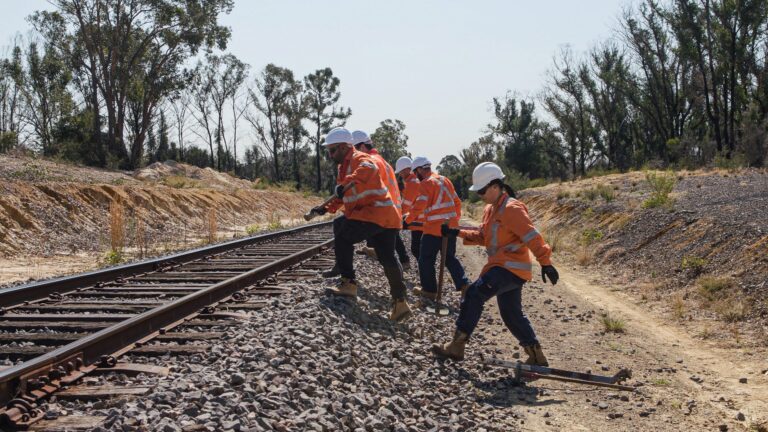
What will I learn in a Certificate II Rail Infrastructure course?
As a rail worker, you’re one of the most highly assessed workers in Australia. The skilled nature of your work, the unique equipment and…
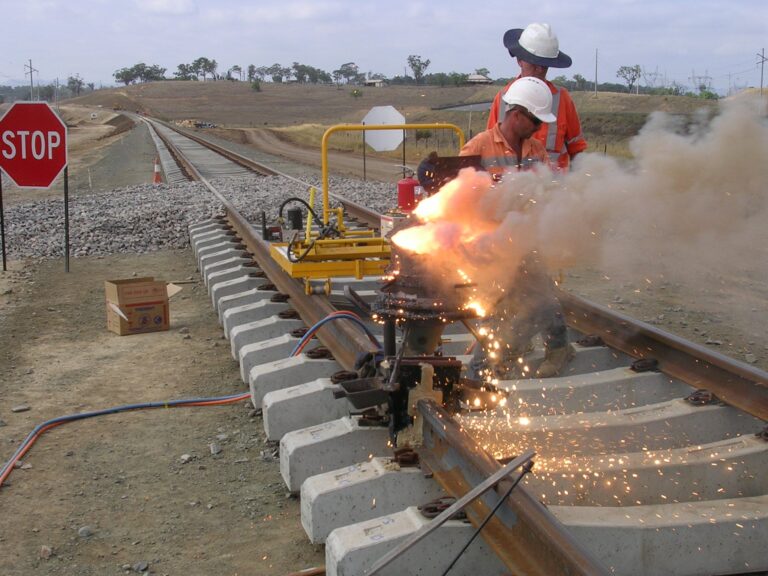
Becoming Thermite Welders in the Rail Industry
Becoming a thermite welder requires theoretical training and hands-on experience in the field. Here are the steps to becoming a thermite welder in the rail industry.
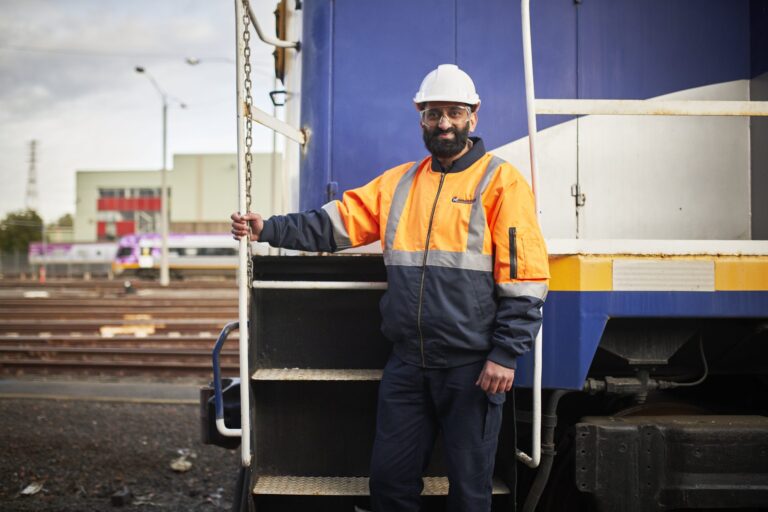
How to Get Your Skid Steer Licence or Ticket and Operate Immediately
Becoming a skid steer operator is a great pathway into the construction industry. But to get a job as an operator you will need to have a skid steer licence to get going.
